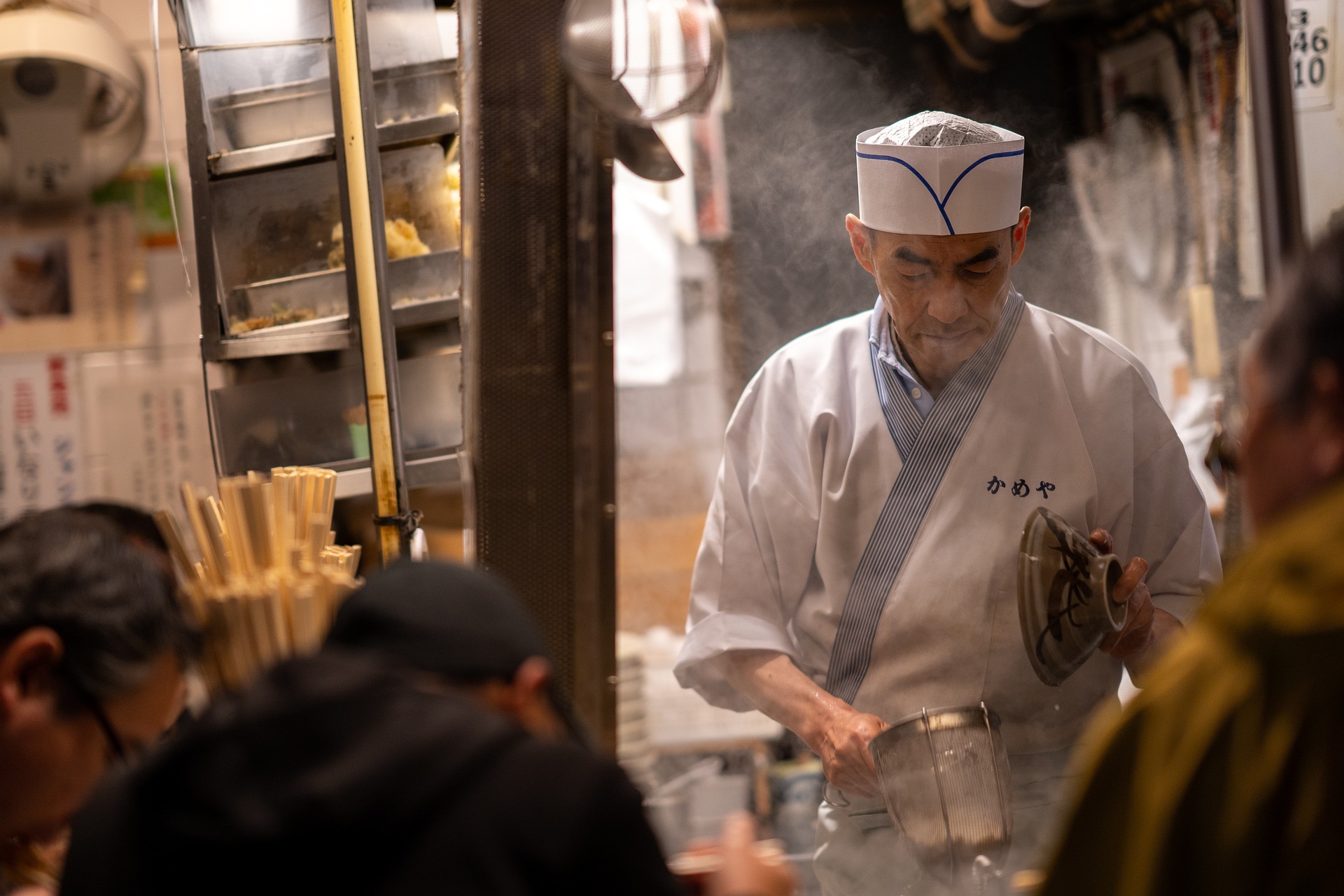The Heartbeat of Hospitality: Understanding Restaurant Jobs
In the bustling world of hospitality, restaurant jobs form the backbone of an industry that never sleeps. From the sizzle of the kitchen to the warm greetings at the front door, each role plays a crucial part in creating memorable dining experiences. This article delves into the diverse world of restaurant employment, exploring the intricate dance of teamwork and the daily rhythm that keeps these establishments running smoothly.

What are the key roles in a restaurant team?
A successful restaurant operates like a well-oiled machine, with each team member playing a vital role. The front-of-house staff includes hosts, servers, and bartenders who directly interact with guests. In the back-of-house, chefs, line cooks, and dishwashers work tirelessly to prepare and present culinary delights. Managers oversee operations, ensuring smooth coordination between all departments. Each position, from the head chef to the busser, contributes to the overall dining experience and the restaurant’s success.
How does a typical restaurant day flow?
The flow of a restaurant day is a carefully choreographed sequence of events. It begins with morning prep, where kitchen staff prepare ingredients and set up stations. Front-of-house employees arrive to clean and set tables, stock supplies, and review the day’s reservations. As service begins, the kitchen fires up orders while servers attend to guests. Throughout the day, the pace ebbs and flows with lunch and dinner rushes, requiring constant communication and adaptability from the team. After closing, the staff cleans, restocks, and prepares for the next day, ensuring a smooth start for the following shift.
What makes a great restaurant team?
A great restaurant team is built on a foundation of strong communication, mutual respect, and shared goals. Effective teamwork in the restaurant industry is characterized by adaptability, as staff must quickly respond to changing demands and unexpected situations. Successful teams exhibit a willingness to help one another, regardless of job title. They understand that every role is interconnected and equally important to the guest experience. A positive attitude, attention to detail, and the ability to work under pressure are also crucial traits that contribute to a cohesive and high-performing restaurant team.
How do different restaurant jobs work together?
The seamless cooperation between various restaurant jobs is essential for delivering exceptional service. Hosts communicate with servers about table availability and guest preferences. Servers relay orders to the kitchen, where chefs and cooks collaborate to prepare dishes efficiently. Bartenders work closely with servers to ensure timely drink service. Managers oversee all operations, stepping in to resolve issues and maintain quality standards. This intricate web of interactions highlights the importance of teamwork in the restaurant industry, where each role depends on the others for success.
What skills are essential for success in restaurant jobs?
Success in restaurant jobs requires a diverse set of skills that extend beyond culinary expertise or customer service. Time management is crucial, as staff must juggle multiple tasks and prioritize effectively during busy periods. Strong interpersonal skills are essential for dealing with a variety of personalities, both among coworkers and guests. Attention to detail ensures consistent quality in food preparation and service. Problem-solving abilities help staff navigate unexpected challenges, from inventory shortages to customer complaints. Additionally, physical stamina and the ability to work long hours on one’s feet are often necessary for many restaurant positions.
How can one build a career in the restaurant industry?
Building a career in the restaurant industry offers numerous pathways for growth and advancement. Many successful restaurateurs and chefs started in entry-level positions, learning the business from the ground up. Aspiring professionals can begin as hosts or dishwashers and work their way up to management roles. Culinary school or apprenticeships can provide formal training for those interested in kitchen careers. Continuous learning, cross-training in different roles, and staying updated on industry trends are key to advancement. Some restaurants offer mentorship programs or tuition reimbursement for employees seeking further education in hospitality management.
For those considering a career in the restaurant industry, it’s important to understand the potential earnings and job outlook. While entry-level positions may start at minimum wage, experienced professionals in management or specialized culinary roles can earn significant salaries. Here’s a general overview of potential earnings in various restaurant jobs:
| Position | Entry-Level Salary Range | Experienced Salary Range |
|---|---|---|
| Server | $20,000 - $30,000 | $30,000 - $50,000+ |
| Line Cook | $25,000 - $35,000 | $35,000 - $55,000+ |
| Sous Chef | $35,000 - $45,000 | $45,000 - $70,000+ |
| Restaurant Manager | $40,000 - $50,000 | $50,000 - $80,000+ |
| Executive Chef | $50,000 - $70,000 | $70,000 - $120,000+ |
Prices, rates, or cost estimates mentioned in this article are based on the latest available information but may change over time. Independent research is advised before making financial decisions.
In conclusion, restaurant jobs offer a dynamic and rewarding career path for those passionate about food, service, and teamwork. The industry’s diverse roles and opportunities for growth make it an attractive option for individuals at various stages of their professional journey. By understanding the flow of a restaurant day, the qualities that make a great team, and the essential skills for success, aspiring restaurant professionals can position themselves for a fulfilling career in this vibrant industry.
The shared information of this article is up-to-date as of the publishing date. For more up-to-date information, please conduct your own research.




